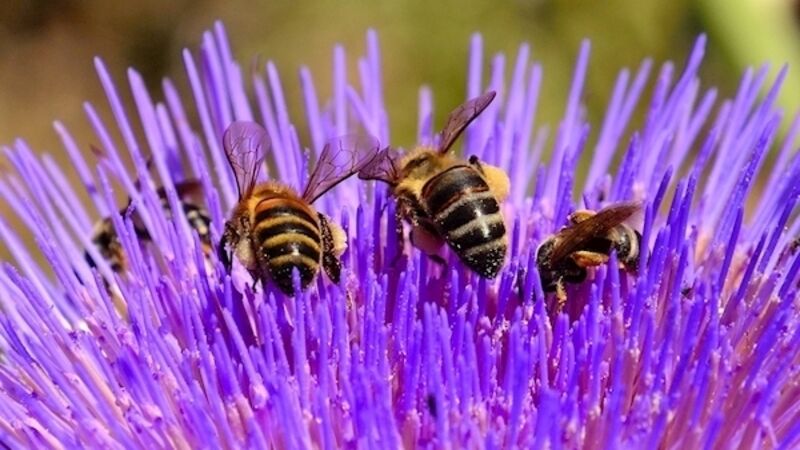Beekeepers signal major decline of wild habitats

The Federation of Irish Beekeepers Associations has warned of a major problem with the decline of habitats, flora and fauna, bees, birds and other wildlife.
Paul O’Brien, president, told the Joint Oireachtas Committee on Culture, Heritage and the Gaeltacht, that elderly beekeepers have told him that in the past, it was possible to keep 60 or 70 beehives.













